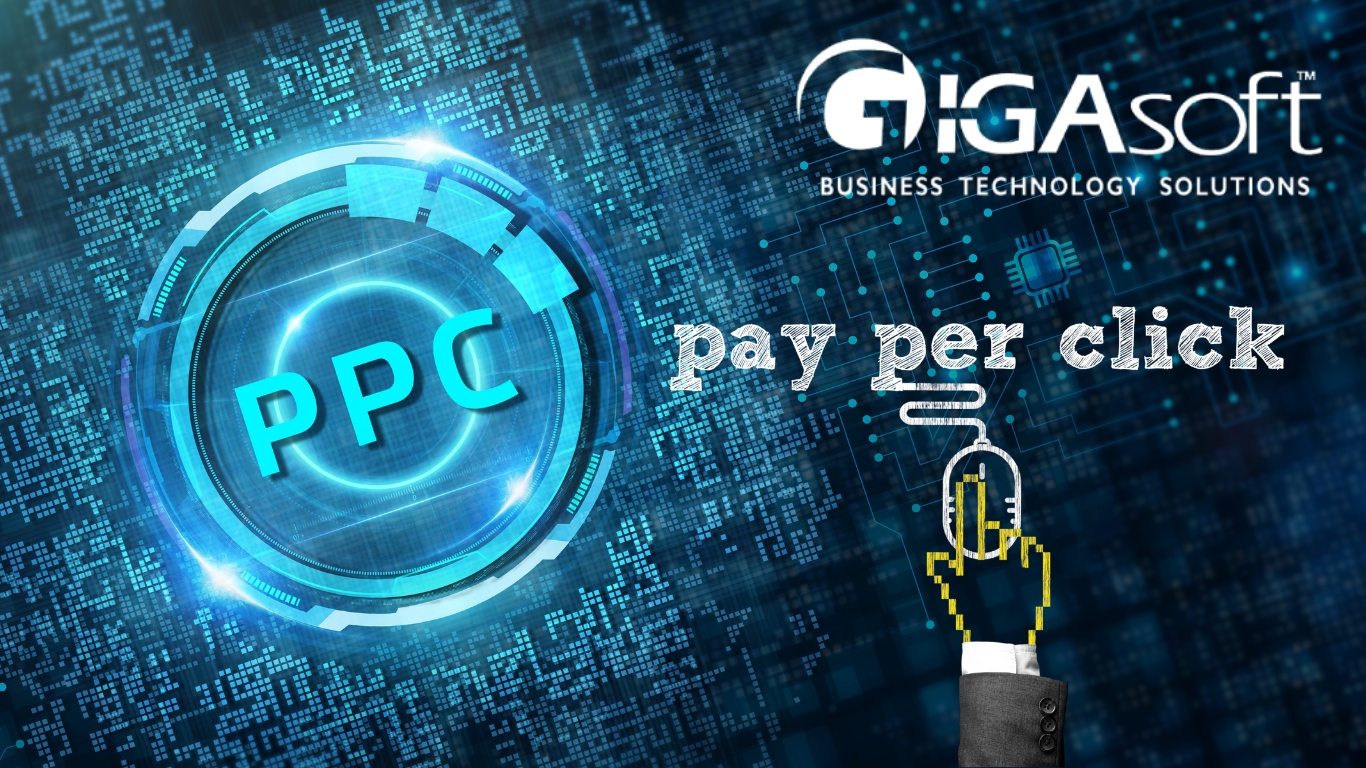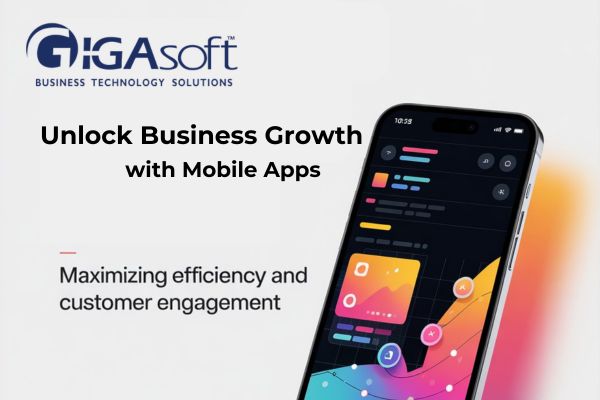Google PPC Optimization for Maximum ROI 2025
Overview
As we enter 2025, competition in the digital landscape is intensifying for businesses. Standing out in search results is now more dependent than ever on Google PPC (Pay-Per-Click) advertising. However, with the ever-evolving nature of PPC marketing and frequent updates in Google Ads management services, marketers must stay ahead of the curve.
But how can you optimize your Google PPC campaigns to maximize ROI? In this blog, we'll delve into expert strategies for Google PPC optimization that can help enhance your advertising efforts, manage your campaigns more efficiently, and ultimately achieve the best results. Whether you are running a Google PPC account for the first time or refining existing campaigns, this guide provides actionable insights.
What is Google PPC?
Before diving into optimization strategies, let's quickly refresh our understanding of Google PPC.
Google PPC is an online advertising model where advertisers pay a fee each time their ad is clicked. These ads appear on Google’s Search Engine Results Pages (SERPs), typically above or beside organic results. This system enables businesses to display their ads to users actively searching for keywords relevant to their products or services.
Why Optimize Your Google PPC Campaigns?
- Better ROI: Optimized campaigns ensure that every dollar spent is maximized.
- Higher Click-Through Rates (CTR): Relevant and engaging ads receive more clicks.
- Improved Quality Score: Higher Quality Scores result in lower Cost Per Click (CPC).
- Competitive Advantage: Regular campaign refinements help businesses stay ahead.
Expert Strategies for Optimizing Google PPC Ads
1. Conduct Thorough Keyword Research
- Use Long-Tail Keywords: More specific search phrases with higher conversion rates.
- Incorporate Negative Keywords: Exclude irrelevant terms to avoid wasted ad spend.
2. Write Compelling Ad Copy
- Use Clear, Action-Oriented Language: Strong Calls-To-Action (CTAs).
- Highlight Unique Selling Points (USPs): Special offers, product benefits.
- Include Relevant Keywords: Enhances relevance and improves Quality Score.
3. Optimize Landing Pages for Conversions
- Match the Ad’s Message: Ensure consistency between ad copy and landing page content.
- Streamline the Conversion Process: Remove unnecessary steps.
- Optimize for Mobile: Fast-loading, mobile-friendly pages.
4. Use Ad Extensions to Enhance Visibility
- Sitelink Extensions: Direct users to specific website pages.
- Callout Extensions: Highlight key selling points.
- Location Extensions: Help users find your business.
5. Regularly Monitor and Adjust Campaigns
- Bid Adjustments: Increase bids on high-performing keywords.
- A/B Testing: Experiment with different ad variations.
- Refining Targeting Options: Adjust demographic and geographic settings.
Advanced Google PPC Strategies for 2025
1. Leverage AI and Automation
Google Ads now offers AI-driven automated bidding and optimization options.
2. Utilize Dynamic Search Ads
Dynamic Search Ads automatically generate headlines based on website content.
3. Optimize for Voice Search
Incorporate natural language queries for better reach.
Conclusion
As we progress through 2025, Google PPC remains a powerful tool for driving targeted traffic and maximizing ROI. Implementing expert strategies such as thorough keyword research, compelling ad copy, optimized landing pages, and automation ensures PPC campaign success.
Whether managing PPC in-house or with a Google PPC agency, regular monitoring and adjustments keep campaigns competitive.
Ready to take your Google PPC campaigns to the next level? Start optimizing today and watch your ROI soar!
Also Read:
- Keyword Research in SEO: Best Tools & Tips 2025
- The Ultimate Guide to Search Engine Optimization in 2025
FAQS
Google PPC is a form of online advertising where companies pay each time their ad is clicked. It appears on the SERPs of Google's search engine, typically above or next to organic results, targeting users who are searching for specific keywords associated with a product or service.
The prevention of irrelevant display for your search queries saves the clicks that otherwise would not generate any conversion hence saving money that will be spent unproductively when you review regularly and add on the negative keywords.
TCompelling ad copy clearly presents the value proposition, has an effective call to action, uniquely sells points or USPs with the use of relevant keywords aimed at improving its relevance and score quality.
Improve CTR by writing clear, action-oriented ad copy with a strong CTA. Ensure that your ad copy is relevant to the keywords and user search intent. Highlight your unique selling points to capture attention.
Optimized landing pages ensure users find exactly what they expect after clicking an ad. A well-designed, relevant landing page reduces bounce rates and improves conversions by offering a seamless user experience.
Ad extensions provide additional information on your PPC ads, making them more informative and engaging. Extensions like sitelinks, callouts, and location information help increase ad visibility, CTR, and overall ad performance.
I monitor daily or weekly for campaign adjustments, such as bids, keywords, and ads, based on performance. Campaigns will continue to be kept relevant and performing at best with the right amounts of ongoing adjustments.
A/B testing is testing several versions of advertisements, landing pages, or keywords to see which one performs better. It enhances campaigns and ensures higher conversion by learning what to say to audiences.
AI and automation help optimize campaigns by automating bidding and ad placements. Using strategies like Target CPA or Target ROAS, Google adjusts bids to maximize performance without manual intervention, saving time and increasing efficiency.
Dynamic Search Ads automatically generate ad headlines based on the content of your website. This helps to capture more search queries and increases reach. In this way, it saves time, and a lot of search terms are covered without creating individual keywords.




.jpg)

